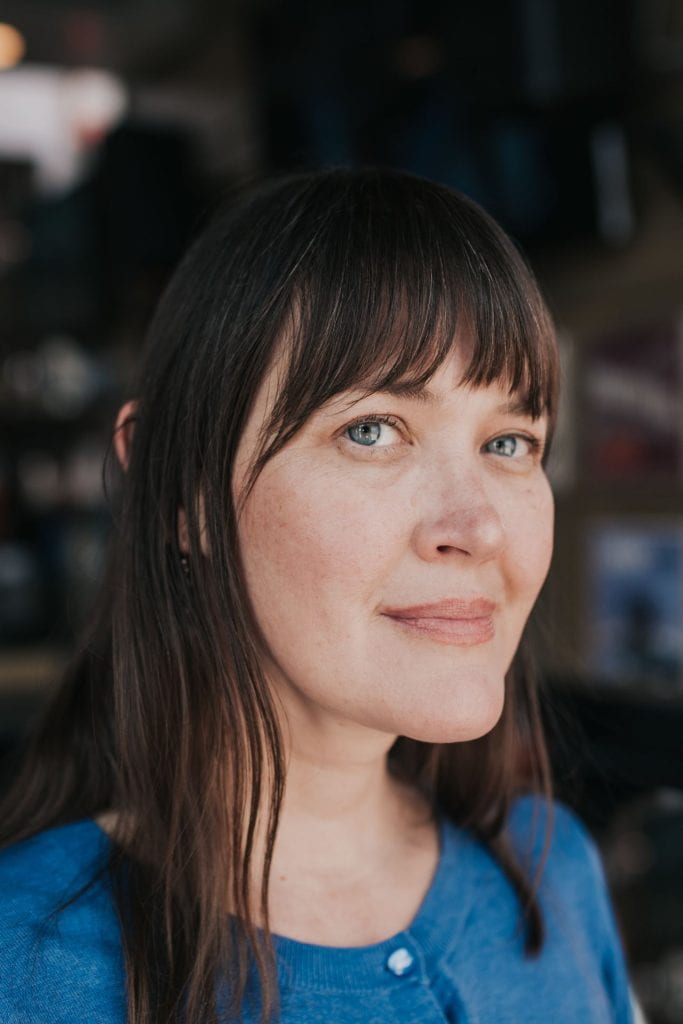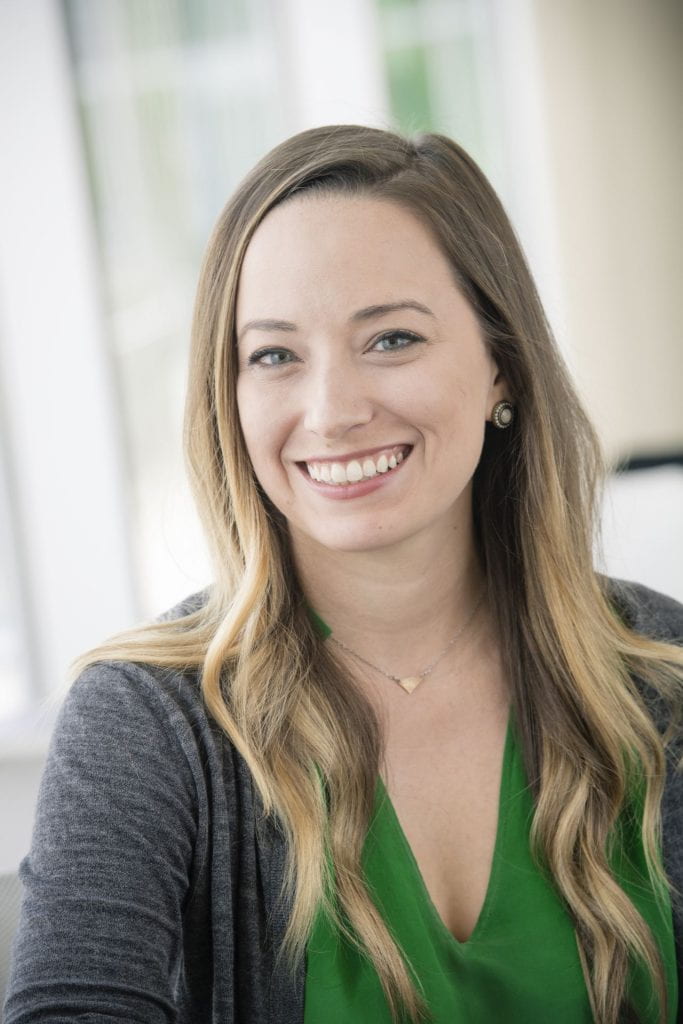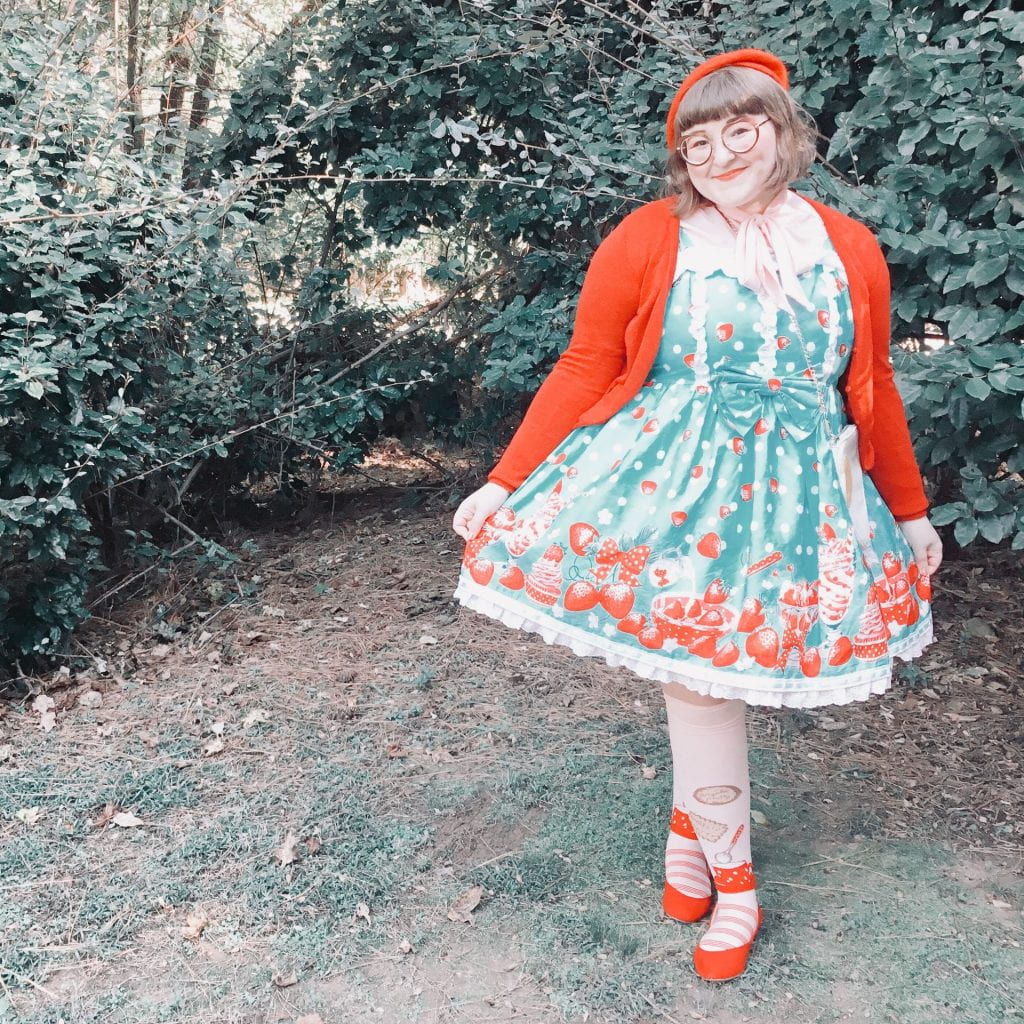
UAB alumna Sydnei Wheat was a Professional Writing student at UAB. She was the first winner of the Outstanding Professional Writing Student Award in 2016, for her research paper concerning the visual representations of transgender women.
Sydnei specifically covered Laverne Cox and Caitlyn Jenner, magazine covers (and articles) and how both visuals and narratives can perpetuate longstanding racial myths and discourse surrounding women. After her internship with Good Grit Magazine and during her time at UAB, she has gone on to the University of West Georgia to work as a Library Assistant in their research library.
MEMORANDUM recently caught up with Sydnei (pictured above), to learn about her experiences.
Why did you choose Professional Writing, and what were your favorite experiences as a Professional Writing Student?
Honestly, my initial decision to go into Professional Writing stemmed largely from wanting increased job opportunities than actual interest in the concentration. I was previously in Creative Writing—from my freshman to mid-junior years—and while I loved the courses and the various prose, short stories and poems that I wrote (I did after all, aspire to be a writer/editor), it just didn’t feel like it was enough for me.
After taking all the classes in the concentration and engaging in so much awesome interdisciplinary work, I fell in love with the major. Coding websites, filming and editing videos, designing promotional/advertising materials, even studying the human psyche and how Professional Writers have a hand in influencing all of that and still getting to write? To me, it was the best major ever!
What was your goal after graduation? How did you prepare for starting out in the professional world?
I always (and still do) want to be a book editor, but opportunities in the book publishing industry in Birmingham are slim to none. But the magazine publishing industry is thriving in Birmingham. And so in order to gain hands-on experience, Dr. Ryan—who is the Internship Director for the English department—set me up with a magazine editorial internship.
While I did enjoy my time at Good Grit Magazine along with learning about how magazines work, my love for books and working with them didn’t go away. I decided to continue to pursue a career in which I could work around books whether through librarianship or publishing. If I’m lucky I might even be able to do both!
Honestly, I think the best way to prepare for the real world is to not put your eggs all into one basket. Meaning: always have another career option for yourself. I have always wanted to be a book editor, but I also knew that that might not be as feasible a dream as I wanted it to be.
When I got a student job on campus in the research library in my junior year, I fell in love with the environment and knew that librarianship could be another option for me. I’m happy to say that with my new job I am now on the track to further advance that dream with a MLIS (Masters in Library and Information Science) education that will be fully paid for.
The Professional Writing concentration and the English major itself was a natural precursor to library and information studies. Dissemination of information is the main foundation of both fields and I find that they complement each other well. I even wrote an article on it for the digital MEMORANDUM site.
Tell me a little bit about the job that you have now: what is your role, what do you like the most about your job, and what are the most difficult parts of your job?
I just recently accepted a job offer from the University of West Georgia to work as a Library Assistant in their research library. In fact, as I’m writing this, I’ll be completing my first official week at my new job!
I work in the circulation department, so the most difficult part of my job is actually talking to people, because that’s not my strong point. But the other employees are patient with me and answer all of my questions even if I asked them a thousand times already.
What I like most about my job is the fact that I’m surrounded by so much information and I can actually use my academic/research skills and knowledge to help patrons locate items and even make suggestions on reading or reference materials.









